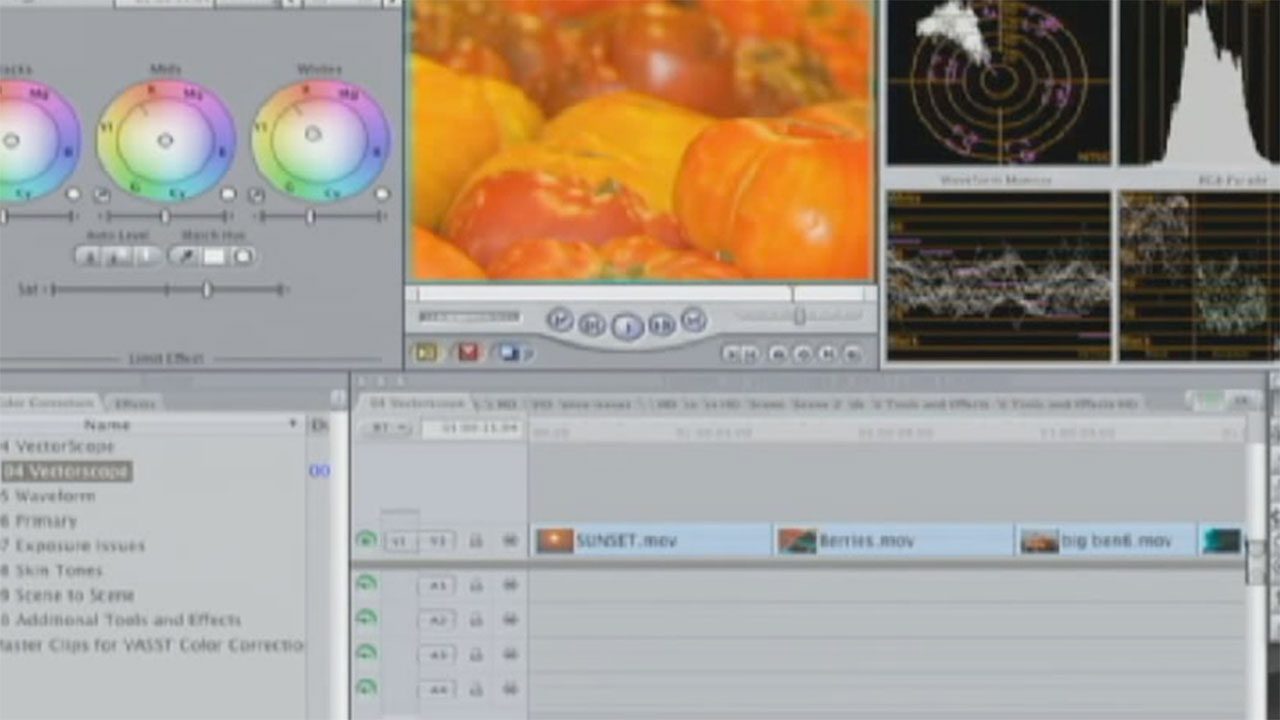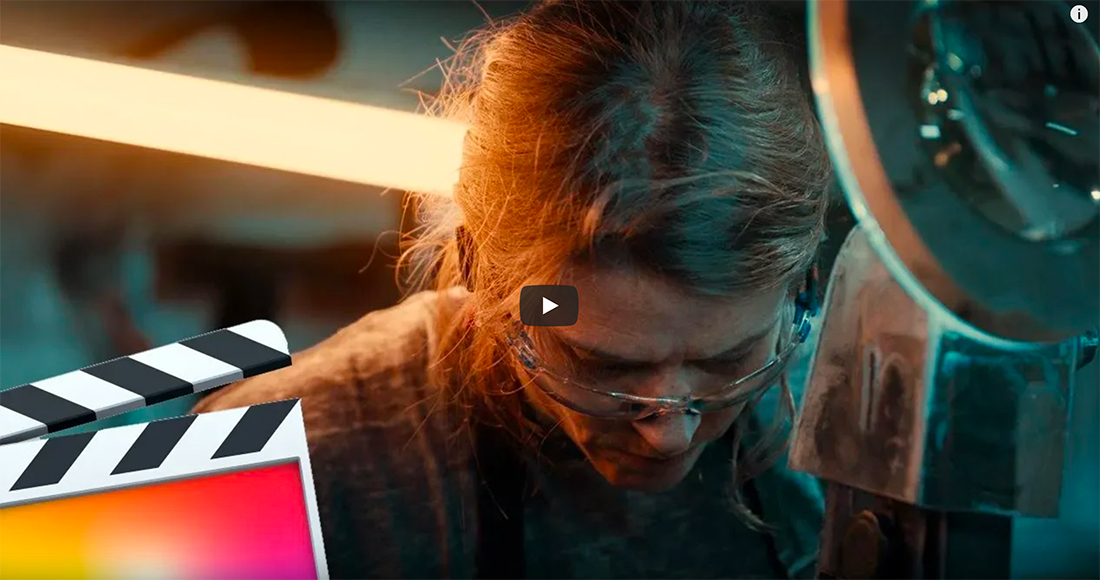
To open these scopes in FCPX, click the gear icon at the top right corner ( Command+7 ), and then select the view button (located above the gear icon) to choose how you want the scopes to be displayed. Histogram (RGB) – ranges waveform and vectorscope values in an image.Vectorscope (chrominance) – color values (tints, saturation, color balance).Waveform (luminance) – gray-scaled values (brightness and luminance).Since what our eyes see is often subjective, scopes help us to make objective decisions when adjusting light and color in our images. Scopes are visual representations of the numerical values that represent a digitally captured image or video clip.
COLOR CORRECTION EFFECT FINAL CUT PRO PROFESSIONAL
Although your monitor may not be color-calibrated to fit professional standards, the ability to read scopes will guarantee your image’s improvement. FCPX may not have DaVinci Resolve’s powerful node-based system, but FCPX is still a powerful tool for color grading.

Of course, the more professional the software, the more granular and precise the tools for color manipulation become. While this article is primarily designed for FCPX users, the general concepts of reading color information from scopes will apply to anyone who works with color, regardless of whether you’re using DaVinci, Lumetri, or simply manipulating your vacation photos in iPhoto.

Trying to color your film without the proper use of scopes is like trying to fly a plane without radar (or mix sound without meters)! However, many editors go into the coloring process ‘blind’ for all intensive purposes.

Color correction grading your image allows you to establish a certain emotional connection with the audience, affecting the mood and feel of the piece. When nearing the end of post-production on your project, one of the final stages is the color grade.


 0 kommentar(er)
0 kommentar(er)
